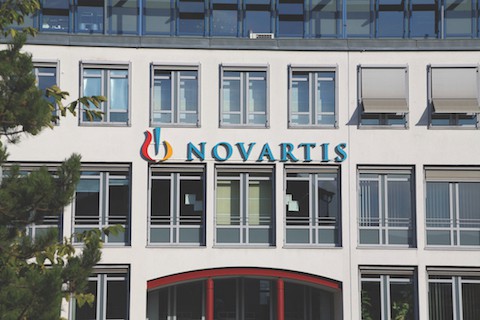
Novartis has announced new long-term Leqvio (inclisiran) data, showing sustained efficacy and safety over a four-year period in patients with atherosclerotic cardiovascular disease (ASCVD) or ASCVD risk equivalent, and elevated low-density lipoprotein cholesterol (LDL-C) despite maximally tolerated statin therapy.
Atherosclerosis corresponds to the accumulation of lipids over time, mainly LDL-C in the inner lining of the arteries. Unexpected rupture of the atherosclerotic plaque can cause an atherosclerotic cardiovascular event such as a heart attack or stroke, which account for 85% of all cardiovascular disease deaths.
“Patients with ASCVD are a large, high-risk population in the US, and a majority are not achieving their LDL-C target levels,” said Norman Lepor, a Los Angeles based cardiologist and director of the National Heart Institute.
Leqvio is the first and only small interfering RNA therapy to lower LDL-C, Novartis said in a statement. The treatment is administered with two doses a year after an initial dose and one at three months, an approach that may help those who have trouble adhering to medicines that are self-administered and have greater dosing frequency.
In ORION-3, an open-label extension of the phase 2 ORION-1 trial, LDL-C level reduction was sustained over the four-year study period, with Leqvio-treated patients achieving an average 47.5% reduction in LDL-C from baseline to day 210 and a time-averaged reduction in LDL-C of 44.2% over the four years through twice-yearly dosing.
In terms of safety, the company reported that Leqvio was well-tolerated, with a safety profile consistent with previous 18-month phase 3 LDL-C lowering studies. The most common drug-related treatment-emergent adverse events were general disorders and injection site reactions that were mostly mild-to-moderate, consistent with previous studies.
“The results we’ve seen in patients after four years of treatment demonstrate that [Leqvio] is well-tolerated and can help patients achieve LDL-C reduction while also maintaining and sustaining their levels,” said Kausik Ray, professor of public health in the Department of Public Health and Primary Care at Imperial College London and honorary consultant cardiologist at the Imperial College NHS Trust.
“Still too many patients are struggling to reach their LDL-C target levels. A therapy that provides sustained LDL-C reduction with a twice-yearly maintenance dosing schedule may be a turning point in the treatment of ASCVD,” Ray added.




